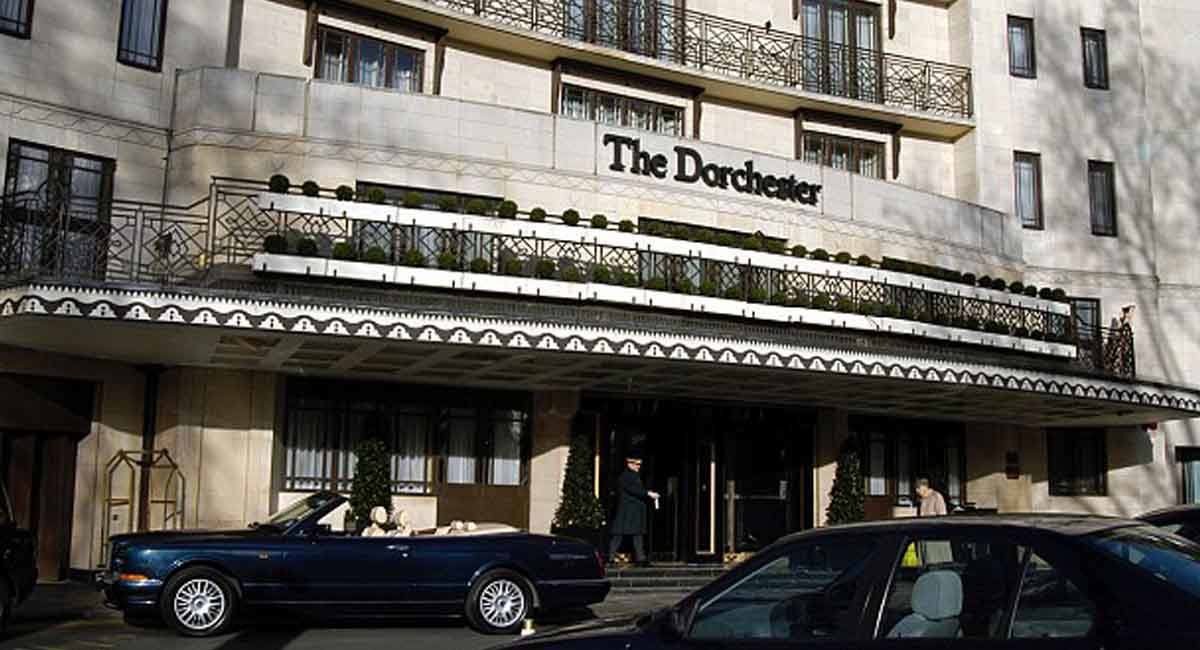
Kinda 2,000 Years After His Death
Today marks the 2,000th anniversary of the Augustus’ death. In a city in which more than a few great leaders have drawn on the lessons of the emblematic first Emperor, you might expect some actual fanfare. But this is 21st century Rome, and for a myriad of reasons, the city has chosen a predictable path and undertaken a series of underwhelming and poorly publicized events to commemorate Augustus two millenia after his demise. Tonight at the Ara Pacis Museum (a controversial but totally spectacular building), the original colors of the first century BC altar within will be projected onto the monument. Pretty cool, I guess. But it’s been done before. What would Augustus think about recycling an old exhibit for this occasion?
I doubt he’d be pleased to know that his Mausoleum, the massive monument that he invested quite a lot of effort building, and where his ashes where ultimately interred, was open to a mere 90 people this morning. That’s right, three visits of 30 people each were all the city could muster in the very place where the Emperor’s remains were laid to rest 2000 years ago.
There are a handful of other events taking place throughout the year: The Art of Command: The Legacy of Augustus is at the Ara Pacis Museum through September 7; there is a night-time “show” in the Forum of Augustus that uses lights and projections to recreate the space as it looked during the Emperor’s reign; Trajan’s Markets will host Augustan era Latin poetry readings on August 30 and 31 and the Keys to Rome: The City of Augustus exhibition from September though early 2015.
The role of Augustus in shaping Imperial Rome and the city we experience today cannot be understated. His reign had a lasting impact almost unparalleled in ancient history, with his name becoming synonymous with the Empire. On the 2000 year anniversary of this great icon’s death, the city of Rome had a tremendous opportunity to celebrate the magnificent cultural patrimony inherited from the Augustan age. They blew it, of course, along with the potential to draw millions of tourists (and their euros) to Augustan monuments and museums. Such a number is not inconceivable; Mussolini attracted a million people to Rome for Augustus’ 2000th birthday celebration long before mass tourism and budget airlines. But instead (and predictably), the legacy of Augustus is overshadowed by apathy and laurel resting.





















